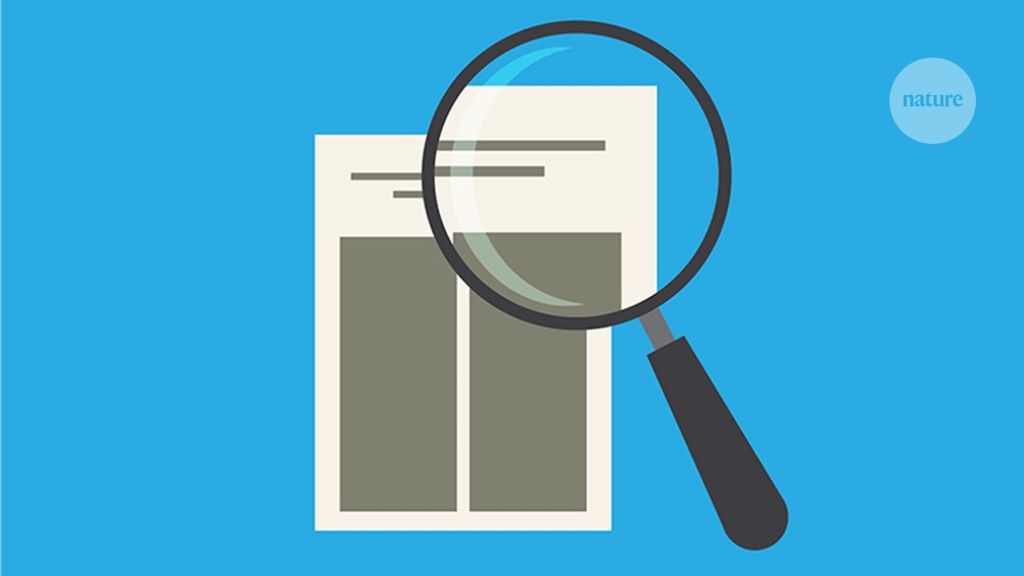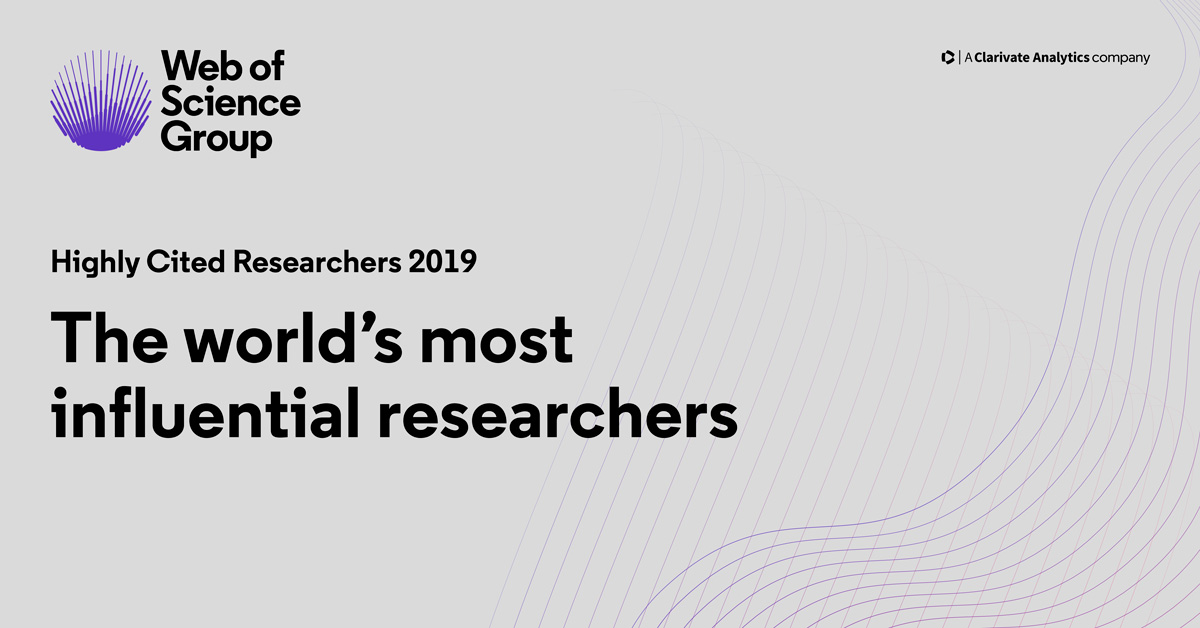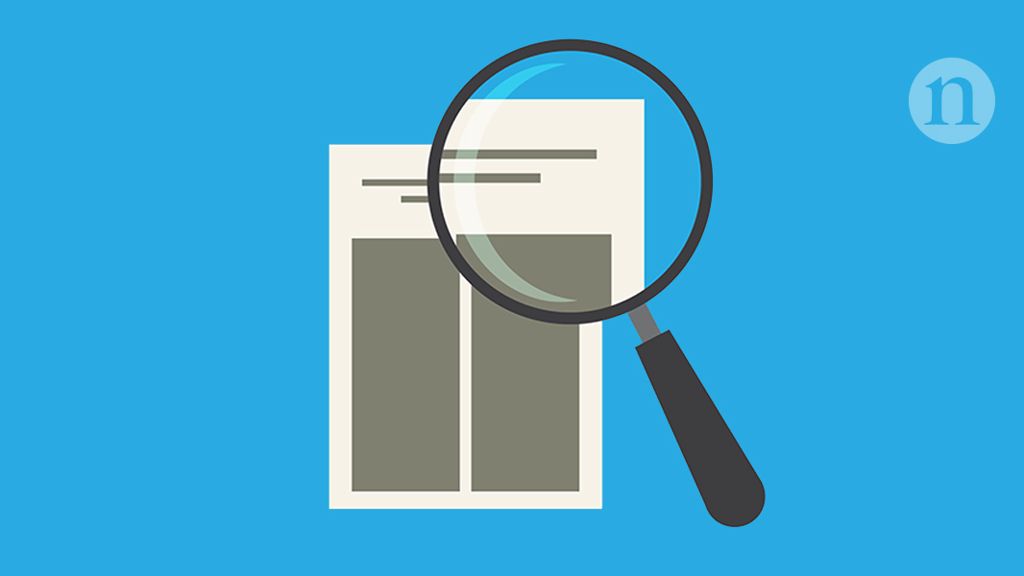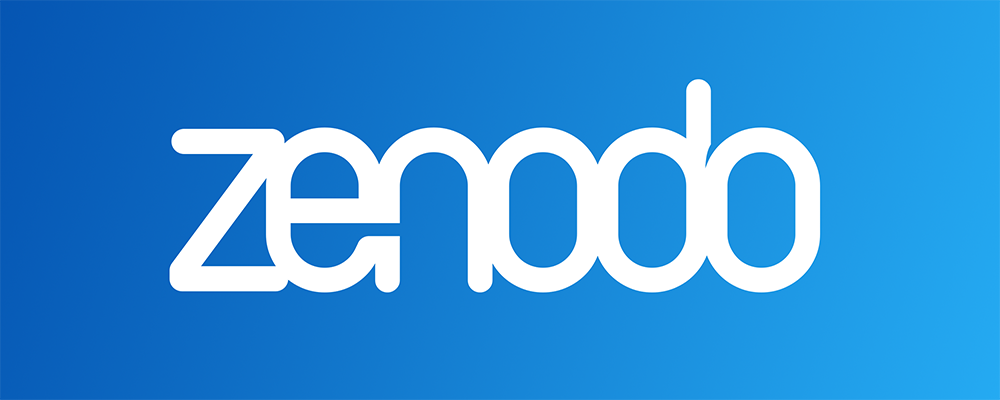Google Scholar, Microsoft Academic, Scopus, Dimensions, Web of Science, and OpenCitations' COCI: a Multidisciplinary Comparison of Coverage Via Citations
Google Scholar, Microsoft Academic, Scopus, Dimensions, Web of Science, and OpenCitations' COCI: a Multidisciplinary Comparison of Coverage Via Citations
New sources of citation data have recently become available. Although these have been compared to the Web of Science (WoS), Scopus, or Google Scholar, there is no systematic evidence of their differences across subject categories. In response, this paper investigates citations found by these data sources to English-language highly-cited documents published in 2006 from 252 subject categories, expanding and updating the largest previous study.















